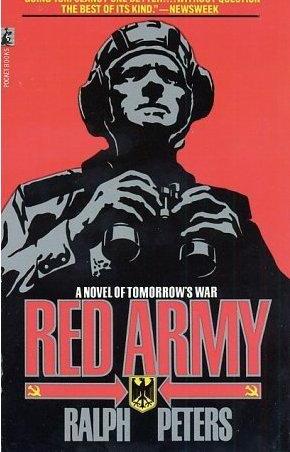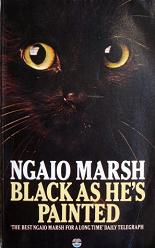Andrew Wheeler goes through his weekly ritual of making the rest of us jealous by reviewing his mail and gets excited about Dan Simmons’ newest novel, Drood:
It’s a historical novel about Charles Dickens, with Wilkie Collins as narrator. (A similar connection got me to read Peter Carey’s excellent Jack Maggs.) And it sounds like it has some of the qualities of a Tim Powers novel — twisting a story in between the goalposts of known history, and trying to explain things that don’t quite make sense in the established record. So it’s aimed right at me as a reader, and I’ll have to examine my reading budget very closely.
This synopsis has exactly the opposite effect on me. There’s nothing so offputting to me as yet another novel that uses historically figures, especially authors, to hang their own story on. With which I don’t mean historical fiction of the kind Mary Renault wrote, retelling the story of Alexander for exampe, but the kind of novel that aims at being Literature and who use historical figures to gain a kind of instant chachet. Drood sounds particularly egrigious, with its stuntcasting of Wilkie Collins as the narrator.
What also plays a part is that I don’t think Dan Simmons is a particularly good writer anyway. He has had one genuine hit, Hyperion but even that was a curate’s egg and anything else I’ve read of his was worse. Some authors I would trust to pull off a book like this –Andrew mentioned Tim Powers –but Simmons was never a particularly subtle or nuanced writer.


